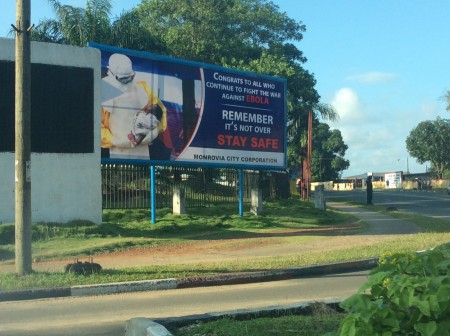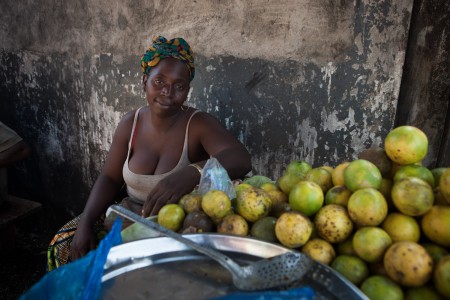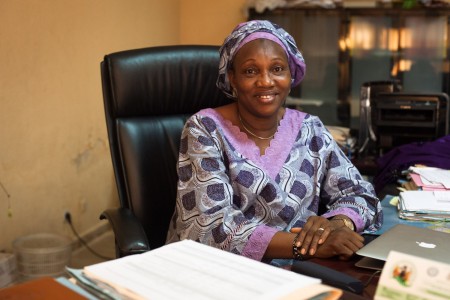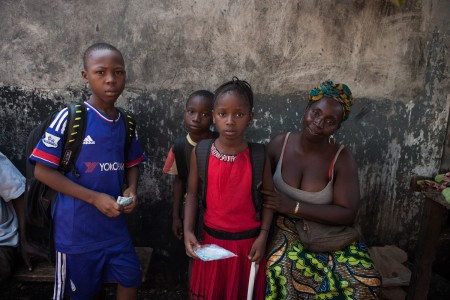
January 14, 2016 – Today, the World Health Organization (WHO), declared the end of the most recent outbreak of Ebola virus disease in Liberia and says all known chains of transmission have been stopped in West Africa.
It’s a day to celebrate, yet the consequences of this outbreak – the worst the world has ever known, are devastating: over 11,000 deaths out of 28,000 infections in Liberia, Sierra Leone and Guinea, the three worst affected countries, and economies and lives shattered.
Liberia was first declared free of Ebola transmission in May 2015, but the virus was re-introduced twice since then, with the latest flare-up in November. The last confirmed patient in Liberia has tested negative for the disease following two consecutive 21 day incubation cycles of the disease.
“More flare-ups are expected and that strong surveillance and response systems will be critical in the months to come,” WHO said in a statement.
For us at AWDF who have been deeply involved with assisting women’s groups from the start of the epidemic, the welfare of women must continue to be a priority for local, government and regional leaders. The critical support which will be needed to get families back on their feet, children in school and health systems running, must not be denied.

“We need support for the women affected by Ebola and those involved in the fight,” says Djakagbe Kaba, who heads the Association Guineenne pour L’Allegement des Charges (AGACFEM), an AWDF grantee which was instrumental in coordinating Ebola prevention and education efforts in Kissidougou, one of the worst affected areas.

“After Ebola I hope we can help women resume their work in soap-making and agricultural production. Though the epidemic has passed, we must still be observant and remind people to always wash their hands. Preventive measures must continue,” Kaba said.

All our efforts will be needed in the months to come to ensure that the necessary prevention, surveillance and response capacity across all three countries are put in place and that more women are ready to shoulder responsibility in these efforts. Please make a donation now.
